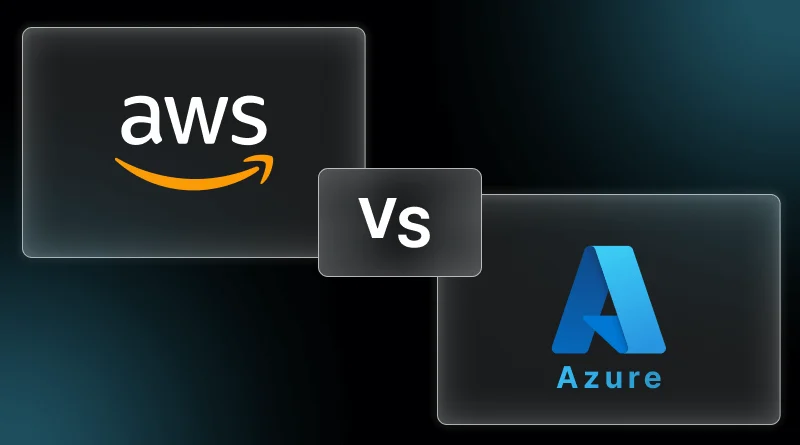Only until a few years ago, nobody would have thought a peer-to-peer event could be conducted virtually. With the increase in attendees’ reliance on smartphones and digital tools, tutors, marketers, speakers have begun to bridge the online and physical worlds to maximize engagement and create unique moments. So it’s time to embrace virtual events, as they will stay hot. Virtual events help presenters to connect with increasingly larger audiences through their virtual engagement platforms, irrespective of time and location. Virtual events can be designed as per the requirements of attendees. As data becomes more affordable, it becomes clear that the future will become all about remote participation.
According to Marketing Profs, Facebook users comment 10 times more on live videos than on regular videos with other Social Media Networks like Instagram, Twitter and YouTube closely following suit. According to Cisco, 82% of all internet traffic by 2022 will be consuming videos. As most of the social media giants have their own version of live feature, it’s very necessary for a marketer to broadcast an event in some aspect and to generate buzz about the event in progress. I have compiled some points on why virtual events will be a thing.
- Flexible : Virtual events can be tailored as per needs. If you can think of an event you can host in-person, the odds are that you can host it virtually, you just need to ensure you have the right platform and tools at your disposal. Virtual events can stay live for 30–90 days, or even all year round. Platforms like Microsoft Teams, Zoom, Slack, Google Meet and so on have made it so much easier and flexible to host virtual events at ease. It is flexible for presenters or speakers as their physical presence is not required. Attendees from all around the globe can attend the event.
- Cost-effective : Hiring a venue can be very expensive, and that doesn’t even take into account the cost of foods, accomodation for speakers. With virtual events, those costs are non-existent. The most you have to spend in virtual event will be spending in buying the platform if you don’t use a free one.
- Scalable : Physical venues always have a limit to the number of people it supports. Finding a venue that can hold thousands of attendees can be very hard and costly. If the number of attendees are more than expected then attendees would have to return without attending the event as physical venues aren’t scalable. Virtual events make it so easier to scale, meaning you can host more people at a very low cost. Virtual events can support thousands of attendees.
- Engagement : 30% of people are more likely to speak to a person in a virtual booth. People are scared to approach someone at an in-person event. Virtual events provide tools such as polls, Q&A, live chat so that attendees can fully engage with the content. Also, some platforms offer the ability to integrate with widgets, such as sli.do, so you can really ramp up the interaction.
- Environment Friendly : Virtual events are very environment friendly. According to data “The costs of hosting an in-person event aren’t just monetary, they can be environmental. U.S. residents made 463.6 million person‐trips for business purposes in 2018, with 38% for meetings and events. That’s more than 175 million trips to meetings and events alone.” Virtual events removes the need of attending the event in person saving money as well as have positive impact on the environment.
- Reliable : Virtual events very flexible. In-person events are affected by factors like weather or even a global pandemic(locked up in home?). There is no need to cancel a virtual event due to any of these factors.
- Analytics and Reporting Data : Want to know how many people viewed an entire presentation? Or, want to find out how many questions were asked? These are hard stats to pull from in-person sessions, but are at your finger-tips with online events. Why is this important? Knowing your viewing stats or engagement scores can really help you fine tune your content and determine what’s working and what’s not without having to rely on a post-event survey that only 10% of attendees will actually respond to.
With all these benefits, virtual events are sure to be a thing in coming years and companies will start investing and sponsoring in virtual events. Welcome to the virtual era!


Leave a Comment